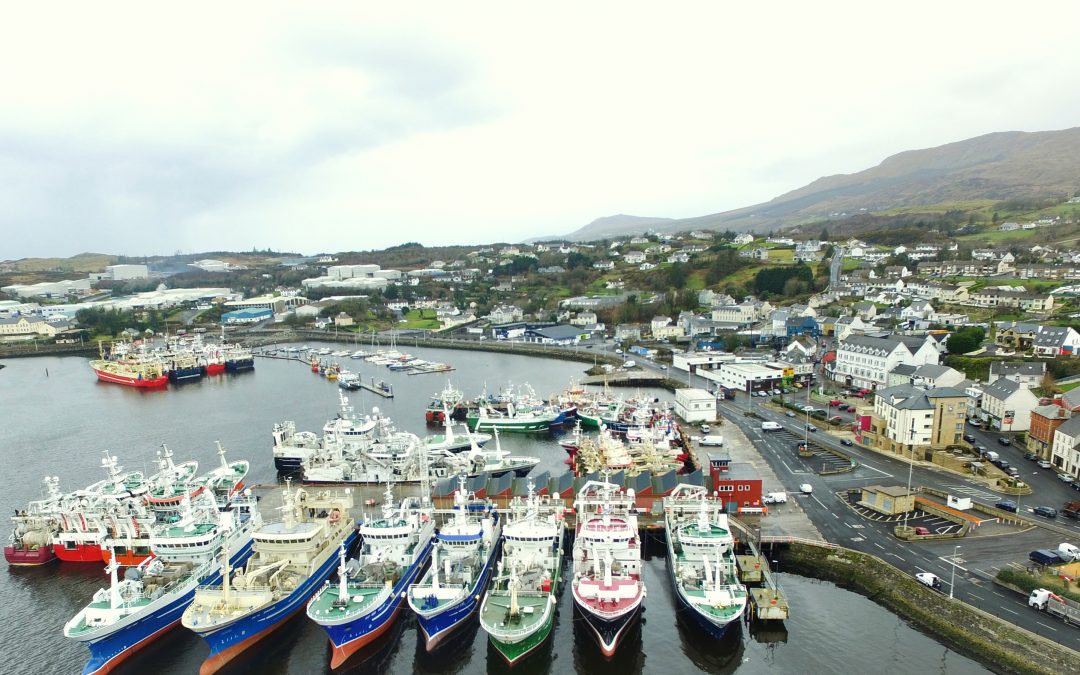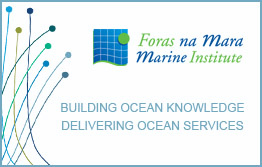KFO says report findings are being improved on by members through ongoing collaboration with BIM
Killybegs Chief Scientific and Sustainability Officer, Dr Edward Farrell has said ongoing efforts by fishermen to reduce their environmental impact, increase their efficiency and contribute to scientific data collection is continuing to enhance the sustainability credentials of seafood.
A report commissioned by state seafood development agency, Bord Iascaigh Mhara (BIM) earlier this year to which the KFO had significant input, found that carbon emissions for the sector are less than 2% of those produced in other key food sectors and the carbon footprint of small pelagic species, such as mackerel and herring, is a mere fraction of that of land-based animal protein production.
Commenting on the ongoing work by fishermen, Dr Farrell said that while the fishing industry sometimes struggles to get the recognition it deserves for its importance to the Irish economy or as producers of highly nutritious low impact food, this is proof positive of the sustained work which KFO members are investing into long term sustainability.
“The KFO participated in a ground-breaking project called NEPTUNUS, the primary objective of which was to develop a life-cycle inventory database of seafood for the Atlantic Area. In addition to analysing fuel use and catch, the project has provided a carbon footprint for pelagic species which reflects very positively on the industry here. Killybegs’ close proximity to the main fishing grounds and the seasonal, targeted and selective fishing approach used by our vessels distinguishes them from foreign fleets landing the same species.
“While fuel accounts for the majority of the industry’s emissions, it is important to put this into context and look at the return on that energy investment, which in the case of small pelagic species was considerably higher than for land-based animal protein production. Despite this efficiency we are already probing ways and means of weaning the vessels off diesel and to this end the KFO is working with a number of interested parties and research groups explore the options, potential and realities of decarbonisation and the energy transition for our members’ vessels“, said Dr Farrell.
As an industry which is wholly reliant on natural ecosystems for sustainable food production, the KFO is fully committed to sustainable fishing and ongoing reduction of its carbon footprint.


Recent Comments